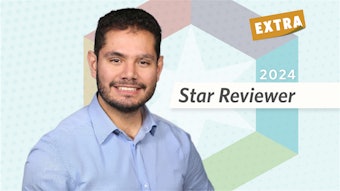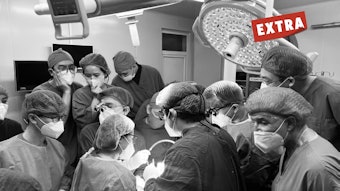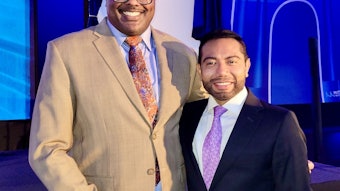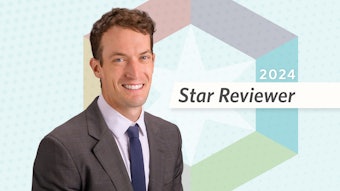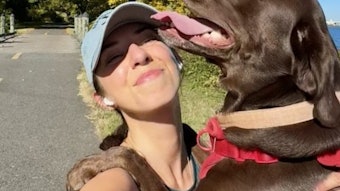Watch | "It Always Starts with the Patient: BPPV"
"It hit me right away; the room started spinning," says patient Rob Chavez. Diagnosed with benign paroxysmal positional vertigo (BPPV), Rob shares his story.
In this new video series, we explore the profound impacts of our specialty through the lens of those we treat. Meet Rob Chavez, an otolaryngology patient whose experience highlights how proper diagnosis and treatment can change the course of a life. After suffering from an unexpected and anxiety-inducing bout of extreme vertigo one morning, Rob was referred by a friend to Selena E. Briggs, MD, MBA, PhD, Vice Chair of the Department of Otolaryngology at MedStar Washington Hospital Center in Washington, D.C. Here is Rob's story.
"I was working from home during the pandemic, and I noticed one morning when I woke up—even before getting out of bed—extreme dizziness," says Rob Chavez, an otherwise healthy 65-year-old. "I got out of bed, and it hit me right away; the room started spinning. I had to hold onto things to get to the bathroom. In addition to the dizziness, I got very anxious wondering what could be going on."
On the recommendation of a friend, Rob sought treatment from Academy member Dr. Briggs, a neurotologist-skull base surgeon with expertise in vestibular and balance disorders. Following a thorough history and neurotologic examination, Dr. Briggs diagnosed Rob with benign paroxysmal positional vertigo (BPPV)—the most common cause of peripheral vertigo and false sense of spinning, sometimes colloquially referred to as "rocks in the head."
"She also ruled out the other fears and concerns I had. Just knowing that other people had this issue was very comforting."
Treatment consisted of the canalith repositioning procedure (also known as the Epley maneuver), a highly effective office-based intervention with excellent outcomes. This procedure involves sequential positioning of the head to mobilize the displaced otoconia from the affected canal back to the utricle and typically requires only minutes to perform.
"Dr. Briggs also told me that I could perform this procedure anytime on my own, which I did when I would start to experience the vertigo," Rob explained. "Each time, it was effective and successful. After a couple of months, I stopped having these instances of vertigo, and luckily, I haven't had it since."
“Our ears, nose, and throat are so key to who we are in our well-being."
"I'm glad to have had this interaction with Dr. Briggs, and I see the benefit of having an ENT specialist who has studied these types of conditions and could give me the science and medical assistance that I needed.”
Through stories like Rob's, we're reminded of the meaningful impact our specialty has on improving quality of life for those we treat. Join us in celebrating the meaningful work we do every day through the stories of our patients, one patient at a time.
Related Articles:
New Video Series: “It Always Starts with the Patient: Chronic Rhinosinusitis"
Share your most memorable patient outcomes by emailing bulletin@entnet.org or on social media (with prior patient consent!) using the hashtag #patientstories and tagging @aaohns on Facebook, X (formerly Twitter), Instagram, and LinkedIn.


